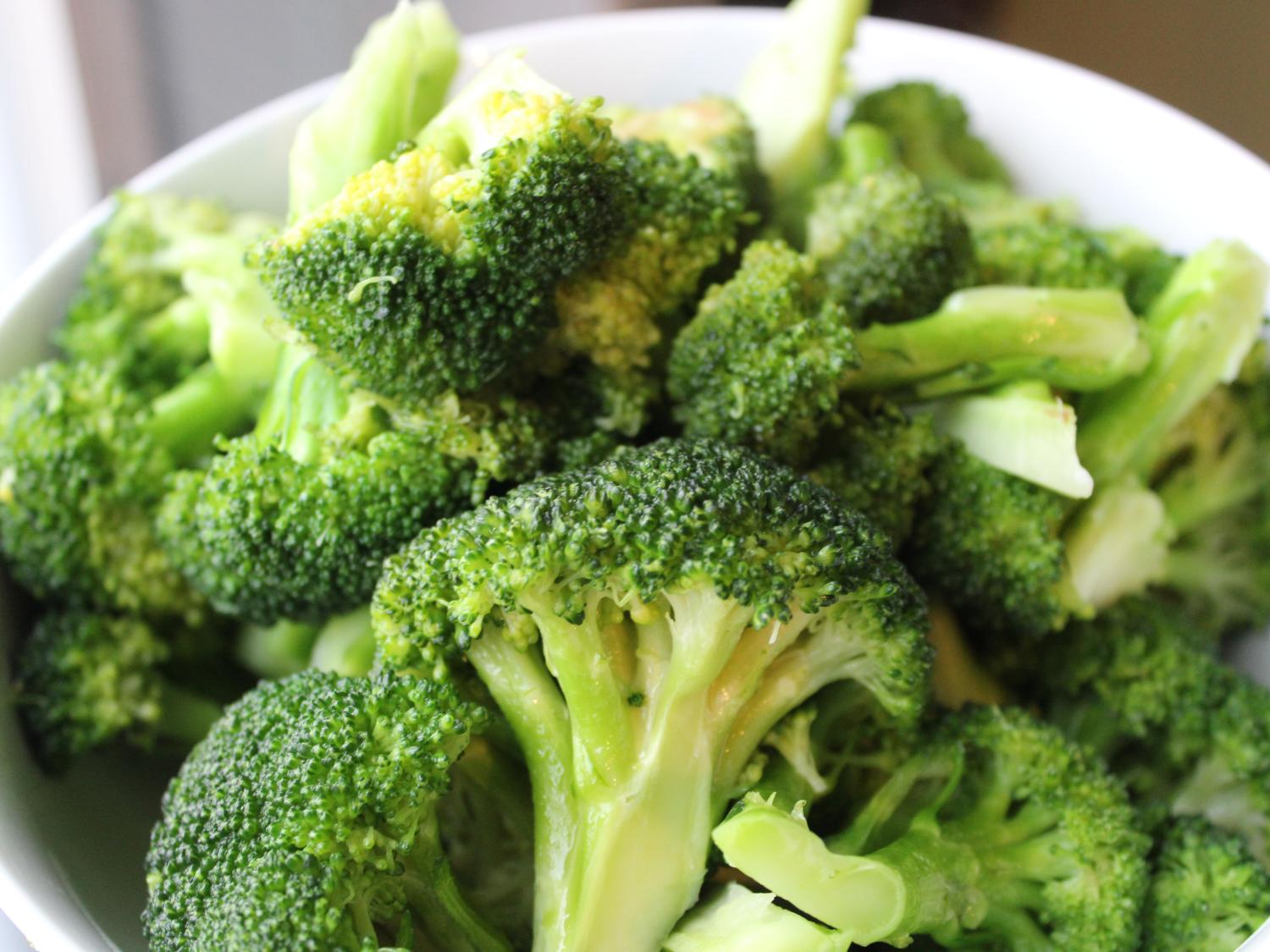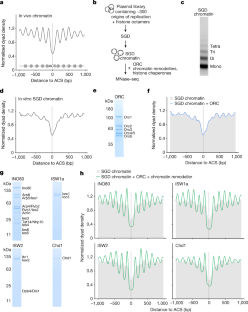2023-04-06 ペンシルベニア州立大学(PennState)
 Researchers found that broccoli consumption may help to protect the lining of the small intestine and inhibit the development of disease. Credit: Tyrrell Fitness and Nutrition, Unsplash. All Rights Reserved.
Researchers found that broccoli consumption may help to protect the lining of the small intestine and inhibit the development of disease. Credit: Tyrrell Fitness and Nutrition, Unsplash. All Rights Reserved.
ブロッコリーに含まれるアリール水素化物受容体配体のような分子が、小腸の内側の細胞機能に影響を与えることが分かりました。研究では、ブロッコリーを含む食事を与えられたマウスの小腸の健康が改善されたと報告されています。研究は、Laboratory Investigation誌に掲載されました。
<関連情報>
- https://www.psu.edu/news/research/story/broccoli-consumption-protects-gut-lining-reduces-disease-mice/
- https://www.sciencedirect.com/science/article/abs/pii/S0023683722000125
アリール炭化水素受容体の活性化はマウス小腸上皮細胞のプログラミングを調整する Aryl Hydrocarbon Receptor Activation Coordinates Mouse Small Intestinal Epithelial Cell Programming
Xiaoliang Zhou, Debopriya Chakraborty, Iain A. Murray, Denise Coslo, Zoe Kehs, Anitha Vijay, Carolyn Ton, Dhimant Desai, Shantu G. Amin, Andrew D. Patterson, Gary H. Perdew
Laboratory Investigation Available online: 10 January 2023
DOI:https://doi.org/10.1016/j.labinv.2022.100012
Abstract
In the face of mechanical, chemical, microbial, and immunologic pressure, intestinal homeostasis is maintained through balanced cellular turnover, proliferation, differentiation, and self-renewal. Here, we present evidence supporting the role of the aryl hydrocarbon receptor (AHR) in the adaptive reprogramming of small intestinal gene expression, leading to altered proliferation, lineage commitment, and remodeling of the cellular repertoire that comprises the intestinal epithelium to promote intestinal resilience. Ahr gene/protein expression and transcriptional activity exhibit marked proximalHI to distalLO and cryptHI to villiLO gradients. Genetic ablation of Ahr impairs commitment/differentiation of the secretory Paneth and goblet cell lineages and associated mucin production, restricts expression of secretory/enterocyte differentiation markers, and increases crypt-associated proliferation and villi-associated enterocyte luminal exfoliation. Ahr-/- mice display a decrease in intestinal barrier function. Ahr+/+ mice that maintain a diet devoid of AHR ligands intestinally phenocopy Ahr-/- mice. In contrast, Ahr+/+ mice exposed to AHR ligands reverse these phenotypes. Ligand-induced AHR transcriptional activity positively correlates with gene expression (Math1, Klf4, Tff3) associated with differentiation of the goblet cell secretory lineage. Math1 was identified as a direct target gene of AHR, a transcription factor critical to the development of goblet cells. These data suggest that dietary cues, relayed through the transcriptional activity of AHR, can reshape the cellular repertoire of the gastrointestinal tract.


